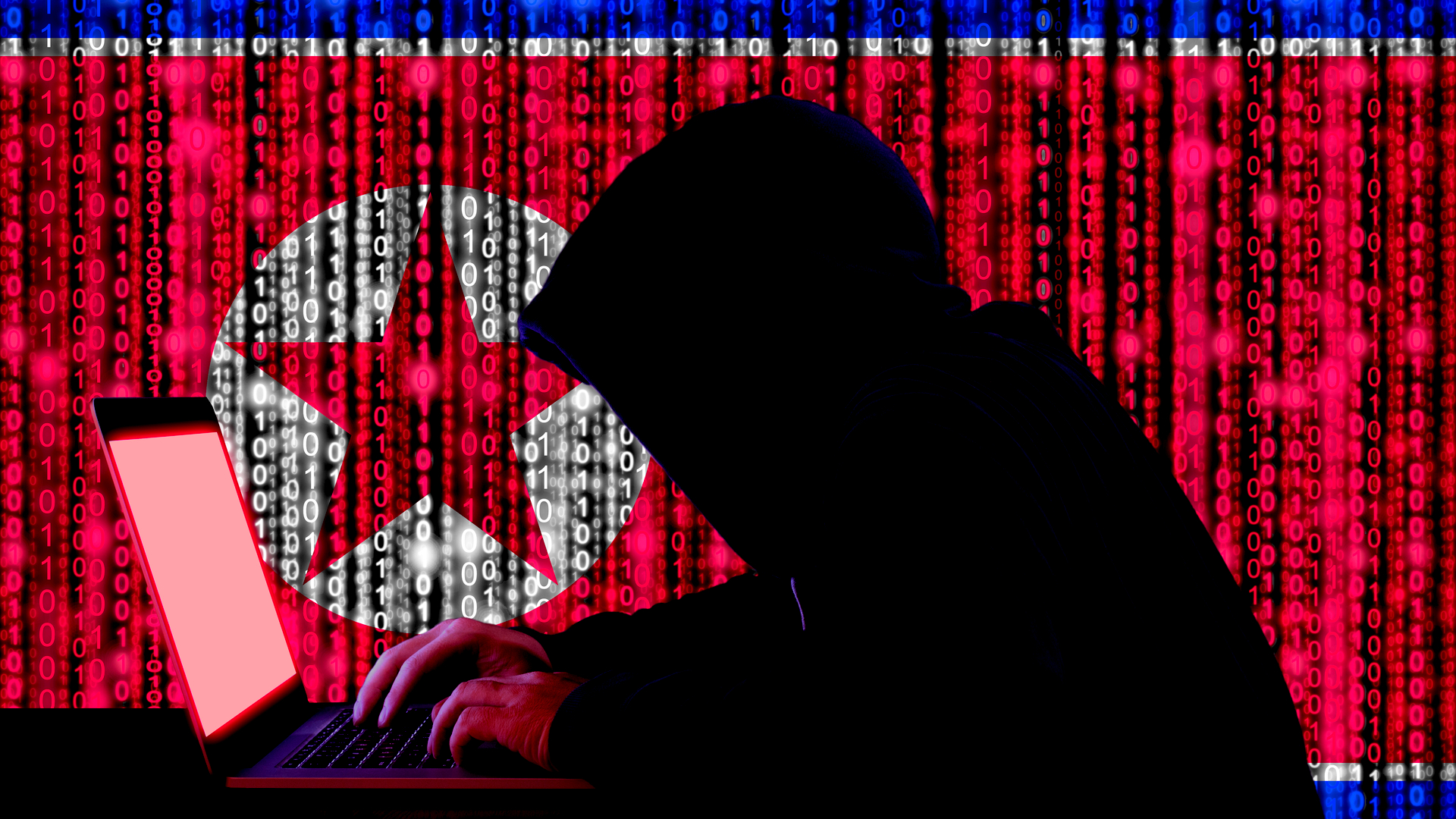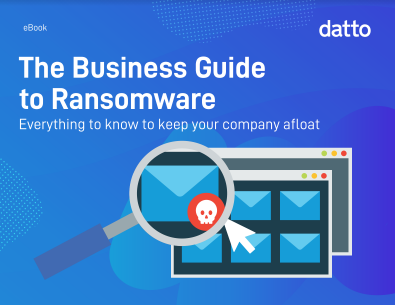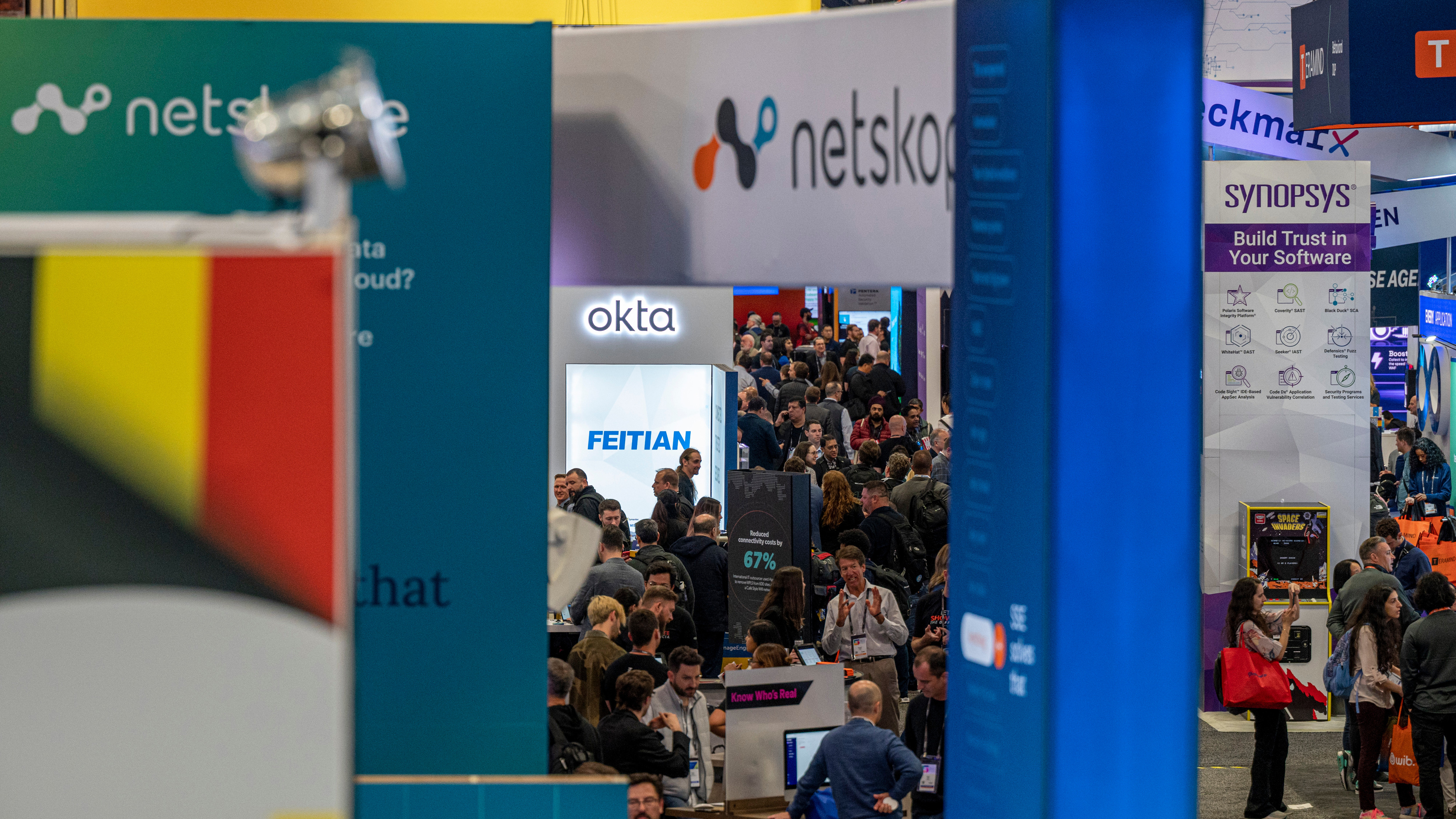North Korea expected to increase cyber attacks due to COVID struggles
CrowdStrike also expects an increase in the number of cyber attacks targeting health care institutions


North Korean hackers are expected to launch more cyber attacks this year as the coronavirus pandemic and food shortages start to impact the recluse Asian nation.
In CrowdStrike’s 2021 Global Threat Report, the cyber security firm says it expects the closure of North Korea’s border with China to mitigate COVID-19’s spread, along with severe typhoons and floods that acutely decreased agricultural yield, to be key factors in the potential increase of cyber crime.
“Currency generation operations will therefore likely increase over the next year to compensate for the economic downturn and serve as a lifeline for the country. Moreover, DPRK adversaries may increase economic espionage operations specifically focused against the agricultural sector in an attempt to steal technology that could ameliorate some of the effects of an impending food shortage,” the report said.
“CrowdStrike Intelligence assesses that entities involved with the research, production or distribution of COVID-19 therapeutics will be at a high risk of North Korean targeted intrusions until a vaccine is widely available in North Korea.”
The report also found that 18 ransomware families infected 104 health care organizations in 2020, with the most prolific being Twisted Spider using Maze and Wizard Spider using Conti.
RELATED RESOURCE

The business guide to ransomware
Everything you need to know to keep your company afloat
“In some cases, adversaries may have avoided targeting hospitals, but proceeded with attacks against pharmaceutical and biomedical companies,” the report’s authors said.
Twisted Spider infected at least 26 health care organizations with its Maze and Egregor ransomware families. Twisted Spider predominantly targeted US-based entities.
Get the ITPro daily newsletter
Sign up today and you will receive a free copy of our Future Focus 2025 report - the leading guidance on AI, cybersecurity and other IT challenges as per 700+ senior executives
Wizard Spider conducted 25 attacks against the health care industry with Conti and Ryuk. Throughout October 2020, Ryuk was heavily attributed to many infections against US-based health care entities, a surge that occurred despite a concerted disruption effort by cybersecurity vendors in September 2020.
The researchers said that the challenges of 2020, including the rapid pivot to work-from-anywhere, have caused a level of social and economic upheaval that’s unprecedented in modern times.
“The widespread impact has not deterred cyber adversaries quite the opposite has occurred. In 2020, CrowdStrike observed adversaries exploiting the situation, preying on the public’s fear and escalating attacks,” warned researchers.
The firm said visibility and speed are critical in blocking attackers that have the capability and intent to steal data and disrupt operations.
“Security teams must understand that it is their responsibility to secure their cloud environments, just as they would on-premises systems. They must establish consistent visibility for all environments and proactively address potential vulnerabilities before they can be leveraged by attackers,” the firm added.
Rene Millman is a freelance writer and broadcaster who covers cybersecurity, AI, IoT, and the cloud. He also works as a contributing analyst at GigaOm and has previously worked as an analyst for Gartner covering the infrastructure market. He has made numerous television appearances to give his views and expertise on technology trends and companies that affect and shape our lives. You can follow Rene Millman on Twitter.
-
 What to look out for at RSAC Conference 2025
What to look out for at RSAC Conference 2025Analysis Convincing attendees that AI can revolutionize security will be the first point of order at next week’s RSA Conference – but traditional threats will be a constant undercurrent
By Rory Bathgate
-
 Ransomware attacks are rising — but quiet payouts could mean there's more than actually reported
Ransomware attacks are rising — but quiet payouts could mean there's more than actually reportedNews Ransomware attacks continue to climb, but they may be even higher than official figures show as companies choose to quietly pay to make such incidents go away.
By Nicole Kobie